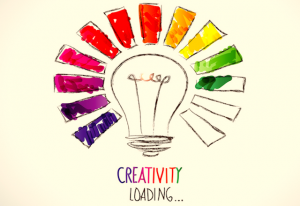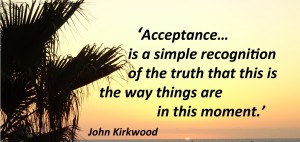 A bit of a somber note, but let’s talk freely, shall we? We are friends.
A bit of a somber note, but let’s talk freely, shall we? We are friends.
These are stressful, even traumatic times. If you still watch the news, I think you will agree. We all can feel the impact on our senses, moods and nervous system. Observing traumatic events can traumatize us. It is important to differentiate what we can control and what we cannot. That doesn’t mean we are powerless. We are resilient and there is still happiness and love in our lives.
Practicing mindfulness and compassion in our daily lives strengthens our resiliency. Practice is the key word here because we get better at anything we practice. The brain actually changes through mindfulness and compassion practice.
Let go of doing it perfectly. Give it a try and notice the outcome – the way you feel.
4 suggestions on how to do that…
1.) Practice meditation & name your feelings.
When emotions are suppressed or ignored, they turn into bigger problems that catch our attention, such as physical pain. There is a saying to remedy this tendency. It is “Name it to tame it.” Not so simple. We can’t always immediately identify our feelings. But, if we stop and just sit for a moment and “be”, it will come.
You’ll notice the feeling and a name(s) will come to mind. Ah! This is what it is like to feel, for example, powerless. Once you practice naming your feelings, the feelings become like smoke alarms notifying you that you should introduce something calming into your day. You begin to see clearly how emotions affect your life.
2.) Put out the welcome matt for your emotions.
Don’t worry. They won’t stay long. Watch them show up, stay about 30 to 90 seconds, then leave. The joke is we think they are going to stay all day long, so we don’t want to let them in!
In meditation practice, we learn to welcome all of our emotions with generosity and kindness. Imagine someone bring you a flower knocking on your front door. Welcome them, take the flower, say goodbye.
3.) You’re not the Judge.
We often pretend we are the judge of the world ourselves. Look, everyone makes mistakes. We all remember when we spilled the milk. A tirade of judgment doesn’t undo it. It shuts us down and makes it harder to ‘fess up. Yes, I spilled the milk.”
Taking responsibility is an act of courage but then give compassion to yourself, which breeds confidence and helps us learn how not to spill the milk next time. Likely, you would not judge your best friend as harshly for spilling milk as you do yourself. Why is that? Develop kindness and compassion for yourself.
- We’re all in this together.
All around the world people are feeling scared and overwhelmed. It is our human condition and isolation makes it worse. Send compassion to both yourself and others who are suffering by using your prayers and mindfulness meditation practice.
I remember my meditation teacher, Jon Kabat-Zinn, telling the class, “You don’t have to like it but you do have to do it anyway.” ‘Nuff said.

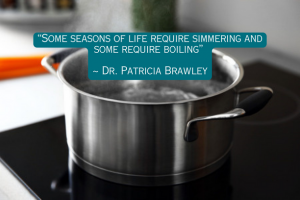
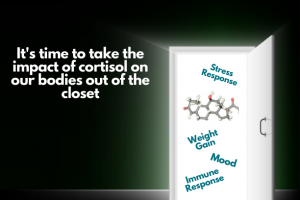
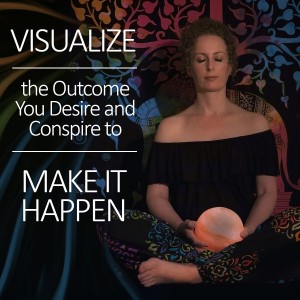


 People across the US beware! This jury scam almost got me! Thanks goodness the clerk at my local CVS knew about it.
People across the US beware! This jury scam almost got me! Thanks goodness the clerk at my local CVS knew about it.


